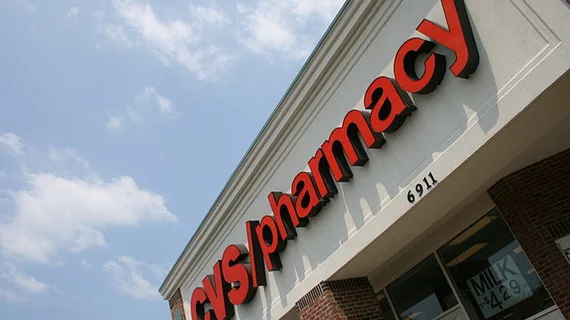CVS Health is reportedly interested in acquiring Signify Health, a home healthcare services company valued at around $4.7 billion.
News of the deal comes after reports that Signify Health is exploring strategic alternatives, including a sale. Initial bids are expected to come later this week, with CVS Health taking part. The news was first reported by The Wall Street Journal, which cited people familiar with the matter.
Signify Health specifically uses its healthcare platform for value-based care programs for in-home care. CVS Health could face competition from other bidders, including private equity firms and managed care providers, according to the WSJ. The deal would extend CVS Health’s services from beyond its clinic and primary care offerings to inside the homes of the communities it serves. For several years, CVS has positioned itself as a community care provider, increasing its services through acquisitions and expansions.
CVS is the parent company of health insurer Aetna after acquiring it for $69 billion in 2018. Reportedly, the company was also interested in acquiring One Medical before Amazon moved to acquire the primary care provider, WSJ reported.
See the full story below:

